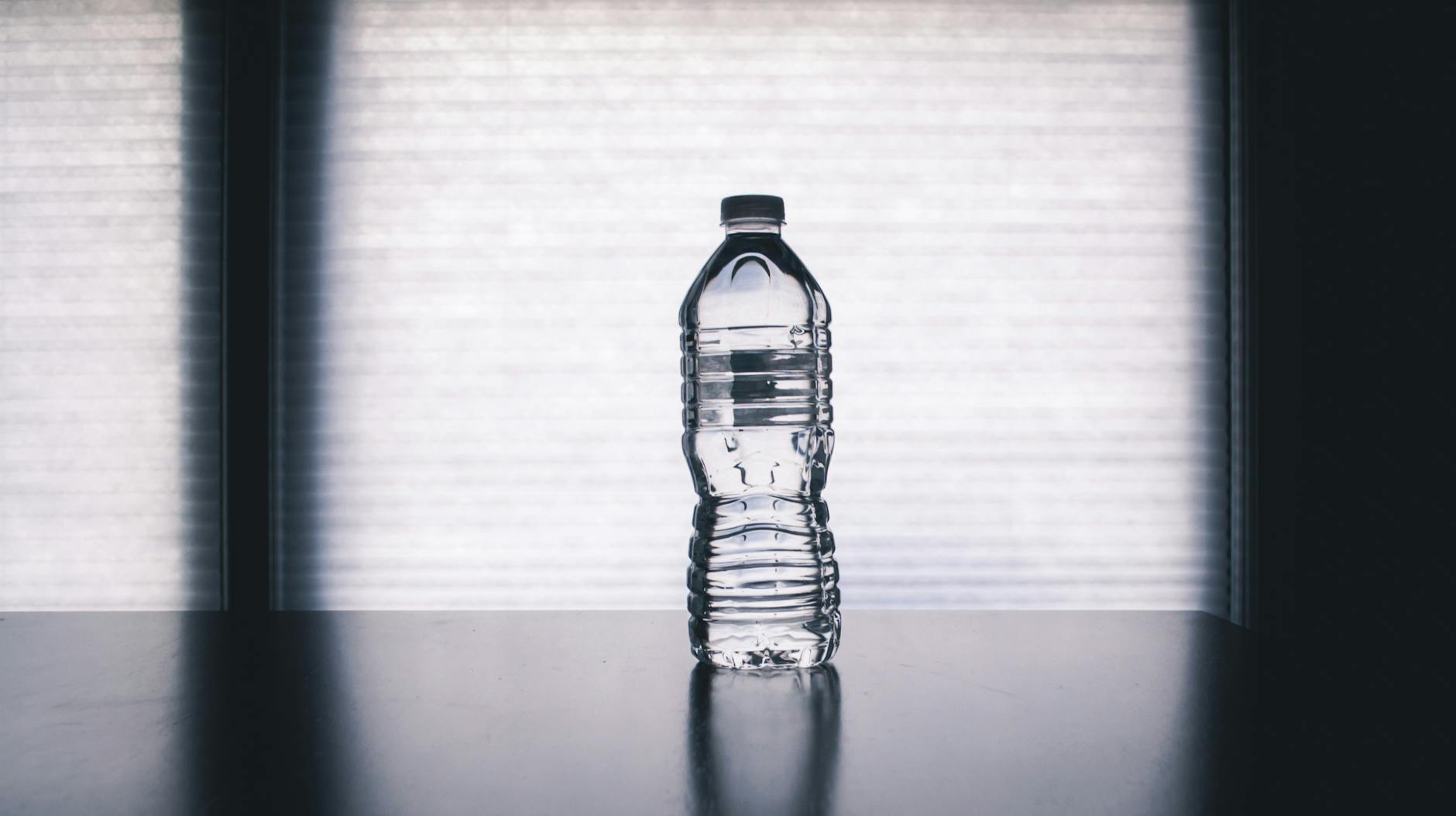Discover the essential tricks and natural remedies to prevent and relieve kidney stones for a healthier, pain-free life!
Table of Contents
Welcome to our comprehensive guide on kidney stones – a common condition that can cause intense pain and discomfort. Whether you have experienced kidney stones in the past or are simply looking to learn more about this issue, we are here to provide you with essential information on prevention and relief strategies.
Understanding Kidney Stones
Kidney stones, also known as renal calculi, are solid crystals formed in the kidneys from mineral and acid salts. They can vary in size and shape, ranging from tiny grains to larger stones that can cause blockages in the urinary tract. The symptoms of kidney stones often include severe pain in the back, side, abdomen, or groin, accompanied by nausea, vomiting, and blood in the urine.
There are different types of kidney stones, such as calcium stones, uric acid stones, and struvite stones, each requiring specific treatment approaches. Factors that contribute to the formation of kidney stones include dehydration, diet high in salt and oxalates, certain medical conditions, and family history.
Preventative Measures
To reduce the risk of developing kidney stones, it is essential to adopt healthy lifestyle habits and dietary choices. Here are some tips for preventing kidney stones:
Stay Hydrated
One of the most crucial factors in preventing kidney stones is staying adequately hydrated. Drinking plenty of water throughout the day helps to dilute urine and flush out mineral deposits before they can form into stones. Aim to drink at least 8-10 glasses of water daily, or more if you are engaging in strenuous activities or live in a hot climate.
Follow a Balanced Diet
Adopting a diet that is low in salt, sugar, and animal proteins can help reduce the risk of kidney stone formation. Foods high in oxalates, such as spinach, beets, and nuts, should also be consumed in moderation. Incorporating foods rich in calcium, such as dairy products, can actually help prevent certain types of kidney stones.
Maintain a Healthy Weight
Being overweight or obese can increase the risk of developing kidney stones. By maintaining a healthy weight through regular exercise and a balanced diet, you can decrease the likelihood of stone formation. Physical activity also helps improve overall kidney function and reduces the risk of urinary tract infections.
Monitor Medication Use
Some medications, such as diuretics, antacids, and certain antibiotics, can contribute to the formation of kidney stones. If you are taking these medications on a regular basis, consult with your healthcare provider to see if there are alternative options available. It is essential to always follow your doctor’s recommendations when it comes to medication management.
Relief Strategies
If you are currently dealing with kidney stones and experiencing symptoms, there are several relief strategies that can help alleviate your discomfort:
| Tips for Prevention | Tips for Relief |
|---|---|
| Stay hydrated: Drink plenty of water throughout the day to help prevent the formation of kidney stones. | Stay active: Engage in regular physical activity to help pass kidney stones and reduce the risk of future stones. |
| Watch your diet: Limit foods high in oxalates, such as spinach, chocolate, and nuts, which can contribute to kidney stone formation. | Try home remedies: Drink lemon juice or apple cider vinegar mixed with water to help dissolve kidney stones. |
| Monitor your salt intake: Excess salt can increase the risk of kidney stone formation, so try to limit your salt consumption. | Consult a doctor: If you are experiencing severe pain or have difficulty passing a kidney stone, seek medical attention immediately. |
Stay Hydrated and Pass the Stone
Drinking plenty of water can help facilitate the passage of smaller kidney stones through the urinary tract. Increasing your fluid intake and maintaining regular urination can aid in pushing the stone out of your body. However, if the stone is too large or causing severe pain, medical intervention may be necessary.
Pain Management
Over-the-counter pain medications such as ibuprofen or acetaminophen can help alleviate pain caused by kidney stones. Your doctor may also prescribe stronger pain relief medications if needed. Applying heat to the affected area or taking a warm bath can also provide some relief.
Medical Treatments
In cases where kidney stones are too large to pass on their own or are causing complications, medical interventions may be required. Procedures such as shock wave lithotripsy, ureteroscopy, and percutaneous nephrolithotomy are common methods used to break up and remove kidney stones.
Conclusion
Kidney stones can be a painful and disruptive condition, but with the right preventative measures and treatment options, you can manage and alleviate your symptoms effectively. By staying hydrated, following a balanced diet, maintaining a healthy weight, and seeking medical guidance when needed, you can take control of your kidney health and reduce the risk of kidney stone formation. Remember, it is essential to consult with your healthcare provider if you have concerns about kidney stones or experience persistent symptoms.
How can I prevent kidney stones from forming?
To prevent kidney stones, stay hydrated, follow a balanced diet, maintain a healthy weight, and monitor medication use. Avoid foods high in oxalates and limit salt consumption.
What are the symptoms of kidney stones?
Symptoms of kidney stones include severe pain in the back, side, abdomen, or groin, nausea, vomiting, and blood in the urine.
How can I relieve the pain caused by kidney stones?
Stay hydrated to help pass smaller stones, manage pain with over-the-counter medications, apply heat to the affected area, and seek medical treatment for larger stones.
When should I seek medical attention for kidney stones?
If you experience severe pain, difficulty passing a stone, persistent symptoms, or complications, seek immediate medical attention for proper diagnosis and treatment.




